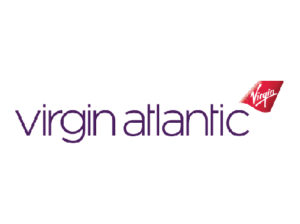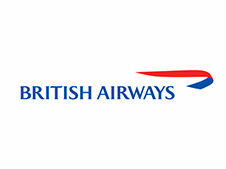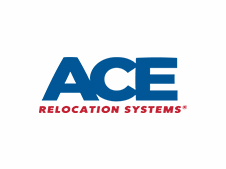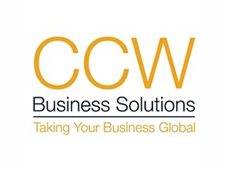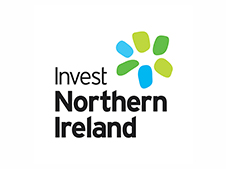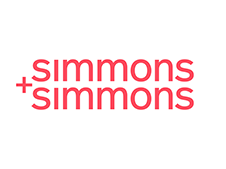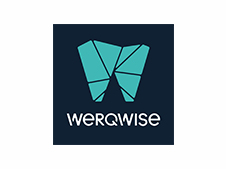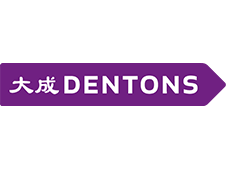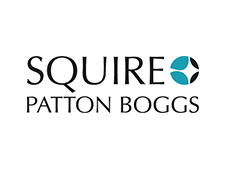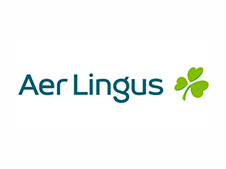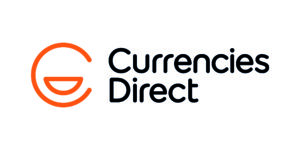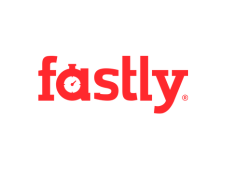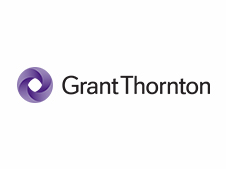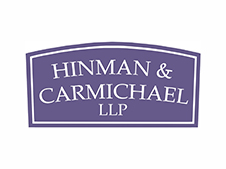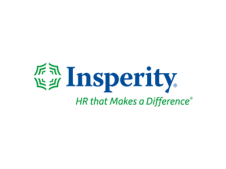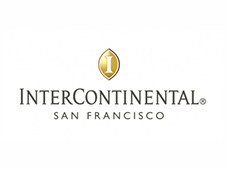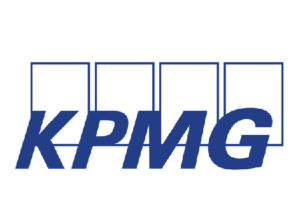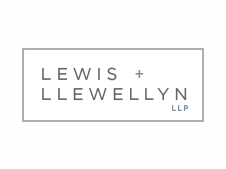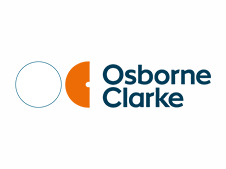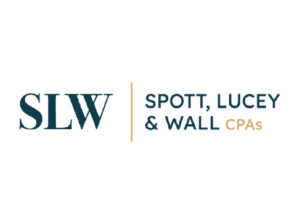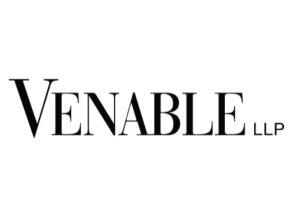Written on 9 May 2017
Healthcare markets are naturally highly regulated and often require longer term planning when taking your product to market. However, the regulations in Europe can make it easier for US companies to take their product to market, sometimes even before you have entered the US market. This therefore offers a huge opportunity for digital health and medical device companies. So, what is the best way to set up a company, how do you go about reimbursements and tax issues? And for those in the initial planning phase of expansion, what strategic decisions does a healthcare company need to make when discovering new markets? We have joined up with Kalms Consulting from Germany to explore a healthy gateway to Europe.
Healthcare markets are naturally highly regulated. The European Union (EU) represents a secure and well-financed healthcare market and is therefore attractive to foreign companies. However, there is a wide range of commercial, legal, tax and other issues to consider – so planning ahead is a crucial part of any expansion plans. Timescales for market entry vary by country, but setting up a legal, tax and regulatory framework in advance is fundamental to accessing commercial opportunities.
Choose the right market
Choosing your base of operation is the first step. Of course a number of factors influence this decision, such as product and market fit, size and accessibility of the market, ease of doing business, talent availability, language, tax rates, the employment environment and infrastructure. At first this can seem daunting in a new country, but it’s wise to consider all operational and regulatory aspects beforehand to avoid any unwanted surprises later on.
Demonstrating European market potential is a key objective for digital health, medical device and biotech companies to generate revenue and increase company valuation. The good news is, compared to the FDA approval process, the regulatory process of receiving a CE mark in the EU still is significantly faster. Hence, many US companies decide to enter European markets ahead of the US home market. Digging a little deeper, it is generally considered that within the EU, Germany and the UK are the key reference markets in Europe. But this, of course, in the end depends on your product your prospective market potential and maybe talent you have in a certain country.
Create the right structure
Wherever you access the market in Europe, it is important to ascertain whether your activities constitute a tax presence in that jurisdiction. It is a fairly low bar before tax responsibility is triggered. If your activities do constitute a tax presence, you’ll need to set-up a corporate legal structure. If this is your first international entity, a wholly-owned subsidiary of the US parent company is a straightforward option and avoids possibly being required to disclose the company’s US financials. If you have an existing overseas entity, creating a new company as a branch of the overseas company is another approach to consider.
For the first international entity, many businesses will seek to up their sales activities and have the newly created overseas company provide services to the US parent company. To avoid additional tax liability, an inter-company agreement should be entered into that details this “cost plus” arrangement with the overseas company charging the costs of its services to the parent company and adding in an appropriate mark up. However, it’s important to know that in order to maintain tax efficiency and the “cost plus” arrangement, contracts with foreign customers should continue to be signed by the US parent company.
Build the right team around you
Picking the right legal team is crucial to properly structuring the overseas business. Alongside your lawyers, you will also need a payroll provider and accountant to manage the necessary tax filings. Most companies will also need a new bank; and some countries will require a bank account before a new entity can be set up with the requisite share capital on deposit. This will also enable the company to pay local employees and operate the business. Banking regulations are complex and the account opening process can take many months – so get started on this as soon as practicably possible.
Local partners, like Kalms & Partner Consulting, can guide you to through the healthcare systems and set up strategies that will give you the opportunity to actively influence insurance company reimbursement and product acceptance.
Build the right team within
Your new employees will be the face of your company abroad and your eyes and ears on the ground. To enter a new market, you need the right team to sell your product and service customers. With a healthcare product, local expertise is often of great importance. Most medical professionals in Europe know the active medical associations and regularly exchange up-to-date expert opinions at European conferences and meetings. To leverage this network, you need people – employees or consultants – that can participate in that expert dialogue.
Due diligence on potential hires is therefore as important as anywhere else. Sometimes it makes sense to recreate your company culture in your subsidiary. Therefore, if you plan to send a US employee overseas to set-up the operation or join the team, make sure you get the right visa and start this process early; it can take many months from start to finish. But it’s important to take into consideration that “employment at will” does not apply in Europe and employment regulations of the country in which the employee is resident will govern. A local employment contract should be entered into because it is usually a legal requirement and also, where appropriate, to protect the company from the often more onerous rights overseas employees enjoy.
- As touched upon above, considering how to maintain the same corporate culture and make your overseas employees feel like an integrated part of the wider organization can be a vital part of the growth of your organization abroad. People love working for your company for a reason, but cultural differences may make a difference in what is important to employees. It is also good to be aware of the duties of your new hire. Even though you think you may hire an initial sales person, it often happens that your initial hire and/or overseas leadership will be required to spend a considerable amount of time on management and operational functions, especially at the beginning stages of overseas growth.
Take the right market advice
Due to the structure of European healthcare systems, market access activities do not end with receiving the CE mark for a product. The CE mark as a general authorization to sell a medical device does not mean that an innovative treatment will always be covered by the mostly government-regulated healthcare systems.
Market entry and reimbursement is nuanced and complex. You need to be aware of different and sometimes unfamiliar regulatory approaches and traditions as well as customer expectations. In Germany for example, the „Bismarckian“ political philosophy leads to a coverage of 90 % of the population by the mandatory statutory health insurance and a robustly regulated, high-quality healthcare service delivery for all patients as strictly defined in the Social Code (SGB V). Consequently, Germans are politically promised, and therefore expect, the highest standards of care for everyone.
At the same time, like all European healthcare systems, the German system must find a balance between individual patient demands and general economic sustainability. In the past years, this lead to a progressively more regulated reimbursement. Many countries have introduced processes for health technology assessments to decide whether an innovative product delivers significant benefit for the patient in comparison to existing so-called ‘gold standards’.
These processes have made the reimbursement decisions more transparent, but more importantly, have also created opportunities for manufacturers to enquire for an adjustment of the payment or to apply for a specific financing of an innovative method directly. Without expert local guidance to help you navigate the reimbursement requirements, you risk costly mistakes resulting in loss of time and money.
Thus, to optimally prepare market access that will lead to general reimbursement and acceptance of a new treatment option, an early and well prepared strategy for market access in the key European markets – Germany and UK in the first place and France, Spain, Italy as well as the Nordics – is indispensable. The right strategy will result in early activities that prepare the market for a successful product launch without having a reimbursement gap.
Localize, localize, localize
Once up and running, localization of the company’s contracts and data protection policies and practices is an integral part of growing your business abroad. Customers may request that agreements are completed under the laws of their home country or another jurisdictions outside the US. Your legal advisors can localize your US agreement with the right legal terms, language and currencies for a particular country or for a regional version that will be more palatable to your customers.
But commercial contracts are not the only consideration. European data protection and the wider privacy regulations are invariably important, and an area which is very different to the way that US companies usually operate. European data privacy law, which is changing with the implementation of the General Data Protection Regulation (GDPR), is becoming increasingly strict for healthcare companies handling sensitive personal information. Failure to comply can result in significant financial liabilities. If you collect any consumer or individual data and/or transfer such data back to the US headquarters, consider what registrations are necessary and take advice to put in place the proper data handling procedures – as well as localizing your privacy policies.
Maintain the right pace
The best advice we can give is to stay patient (no pun intended!), as business cultures vary market-to-market for products with a long sales cycles, it may take over a year to see successful sales and revenue growth in many countries. Stay flexible with your approach to the new market – and revisit your strategy as you learn what works and what doesn’t seem to produce the traction you expected. As with all key business decisions, prepare and plan in advance for market entry, for scaling the company abroad and for the challenges your company may face on its global growth.
If you would like to discuss how we can assist you, please contact Kalms Consulting or Osborne Clarke.


